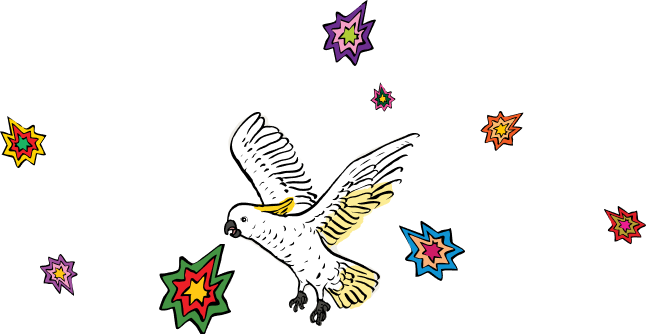Reviewed by: The AU Review
British playwright Henry Naylor presented his personal journey, a one-man monologue entitled, "Afghanistan is Not Funny" at Holden Street Theatre for the Adelaide Fringe. The original show was directed by Holden Street’s Artistic Director Martha Lott, and then was further developed by New York’s Soho Playhouse’s Artistic Director, Darren Lee Cole. The title is the reaction from Naylor's agent when he told him that he wanted to write a play about Afghanistan, which was then called "Finding Bin Laden." In a series of events, Naylor found himself in Afghanistan, in the aftermath of the war with his Scottish mate, photographer Sam Maynard. What could be a dry narration of the trip becomes a deeply personal, yet at times funny narration of his personal growth during this incredible journey. Recounting the story to an imaginary therapist, Naylor completes his growth from unconscious incompetence (or ignorance) to conscious competence. The audience is watching him grow along the way. In the first stage, Naylor does not know that he knows nothing. Arriving in Afghanistan he is shocked by the level of destruction everywhere. Maynard's evocative black and white photographs are projected on the rear wall. Initially his idea was to have actors performing in front of these photographs, but the harrowing imagery tell their own stories, adding to the descriptive stories being told from the stark stage. Within war stories there are always moments of humour. Think "M*A*S*H" or "Catch 22", for example. Somehow an image of a Taliban soldier's remains splattered up a wall after a failed attempt to plant a land mine is funny. Being menaced by a warlord & abducted by the Mujahideen turns into almost a farce. We witness the growth into conscious incompetence, where you know that you don't know what you're doing then into unconscious competence, where you know what you're doing, but trying to fix it all in the wrong ways. We can see his growth in the words and in the photos. Returning to the UK, he writes his play and his Edinburgh Fringe performance is a hit, yet he's still an unknown in London. There's a possibility of a movie with Hugh Grant as the lead actor. Perhaps fortunately the deal fell through, as there would have to be better actors to portray the strength and passion of this man and his Geordie mate Sam. In the completing of the cycle into conscious competence, we learn that he has become a successful playwright and Sam is now a successful television producer. The horrors of war have changed him and we are left with the final haunting image. A deeply personal, dark yet humorous tale of the horrors of war, that is as relevant today as it was over twenty years ago. It's a gripping and fascinating tale, tol with passion and love.




